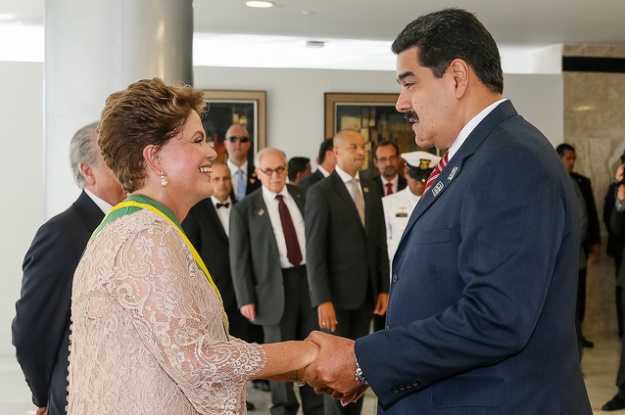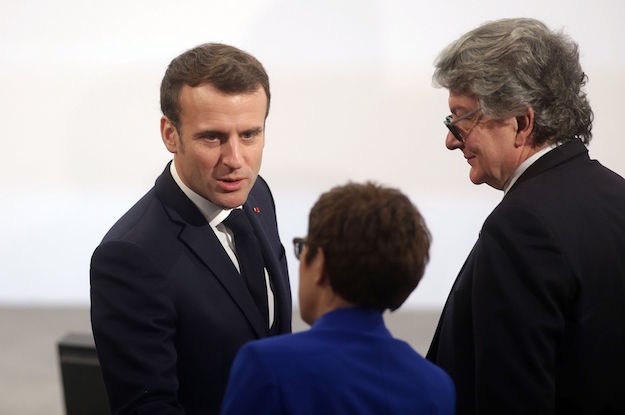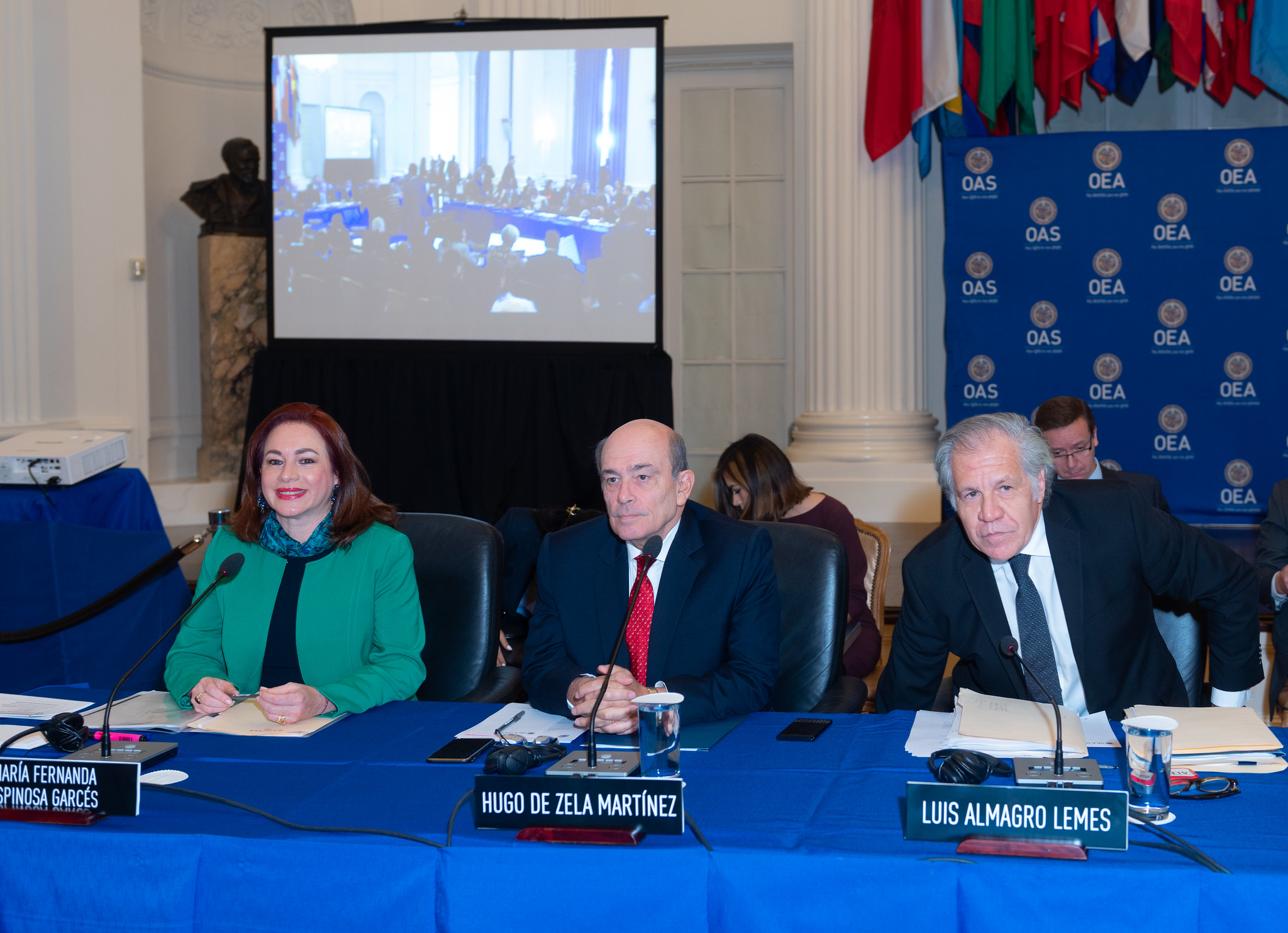Until a few years ago, Brazil possessed one of the most active foreign policies in the developing world. It built an impressive network of embassies and consulates, opening more than 60 posts during the 2000s alone in Africa, Asia and beyond. Brazil also actively engaged in debates ranging from humanitarian intervention in Libya to rethinking development aid, South-South relations and regional integration.
Yet as Brazil is consumed by the worst political and economic crisis in decades, the country has turned inward. This has contributed to a regional power vacuum and a sense of paralysis when it comes to devising regional approaches to South America’s most pressing challenges. For example, Venezuelan President Nicolás Maduro’s increasingly blatant disregard for even basic democratic standards has seen a less meaningful regional reaction because of Brazil’s problems. Given Brazil’s dominant role in South America – representing roughly half its GDP, population and territory – its travails are inevitably bad news for the continent.
The current crisis is only part of the story. Even prior to reelection in 2014, when the government refused to acknowledge that Brazil’s economy was in trouble, Dilma Rousseff failed to articulate a coherent foreign policy doctrine. Brazil’s international strategy since 2011 was shaped, above all, by the president’s astonishing indifference to all things international and officials’ incapacity to convince Rousseff that foreign policy could be used to promote the government’s domestic goals.
Her predecessors knew better: Fernando Henrique Cardoso (1995-2002) helped establish a series of regional mechanisms to preserve democratic governance, thus reducing the number of external political crises that could hurt the Brazilian economy. Luiz Inácio Lula da Silva (2003-10) promoted regional integration further to facilitate the entry of Brazilian companies into neighboring markets. Lula not only had a trusted foreign minister and a special adviser for international affairs, but also a highly active minister of defense who embraced foreign policy to promote Brazil’s interests, for example by using the newly established South American Council of Defense to enhance trust between the continent’s armed forces.
Paradoxically, just as the bitter political battle to unseat Rousseff is reaching its climax, the president has at last begun to accept the importance of foreign affairs. She and Vice President Michel Temer (poised to become president if she is removed from office) have engaged in an international war of narratives about the legitimacy of impeachment proceedings. Rousseff traveled to New York, where she denounced Temer as a “coup-monger” on the sidelines of a UN meeting. Temer reacted swiftly, giving interviews to major international newspapers, and sending allies abroad to make his case.
Rousseff also broadened her fight to regional bodies and leaders. In somewhat vague terms, she announced she would ask Mercosur to invoke its democracy clause, arguing that a democratic rupture was underway in Brazil. From New York, Brazil’s foreign minister and special foreign policy adviser traveled directly to Quito to make Rousseff’s case at Unasur. Maduro and Bolivia’s President Evo Morales are among those who agree Rousseff is facing a “coup.” For the government in Caracas, which recently assumed the temporary presidency of Unasur and will soon assume the presidency of Mercosur, it is an opportunity to try to draw attention away from the catastrophic situation at home.
Another key battleground will be Buenos Aires, with high stakes for both Brazil and Argentina. President Mauricio Macri, though currently riding a wave of international support and goodwill, knows that a prolonged political crisis in Brazil would significantly reduce his capacity to revive Argentina’s economy before the next elections. Suspending its largest member state – a move which requires a unanimous vote – does not automatically imply economic sanctions, and thus does not directly impact trade ties. But it would have important implications for Mercosur’s efforts to enhance its role in the global economy, for example by negatively affecting negotiations about a trade deal with the European Union. These considerations will matter in Montevideo and Asunción, too. Temer, unpopular at home and under scrutiny over testimony linking him to a Petrobras graft scandal, will most likely pick close confidants as foreign minister and foreign policy adviser, who will travel to Buenos Aires to weaken Rousseff’s claims and explain how a Temer government will contribute to the region’s recovery.
Considering these dynamics, the region is very unlikely to stand united behind Rousseff and Brazil from Mercosur or Unasur. Still, Rousseff’s strategy is not irrational. Discrediting Temer internationally may not prevent her ouster (most of her allies are said to have given up on her), but it does mark the beginning of former President Lula’s campaign to return to power in 2018. It is often overlooked that a beneficiary of Rousseff’s impeachment would be Lula himself, who would have two years in the opposition to decry a Temer government’s widely expected austerity measures. The crisis in Brasília will continue to bleed into the rest of South America in coming weeks and months – with no clear end in sight.
—
Stuenkel is a contributing columnist for Americas Quarterly and teaches International Relations at the Getulio Vargas Foundation in São Paulo. He is the author of The BRICS and the Future of Global Order (2015) and the forthcoming Post-Western World (2016).








